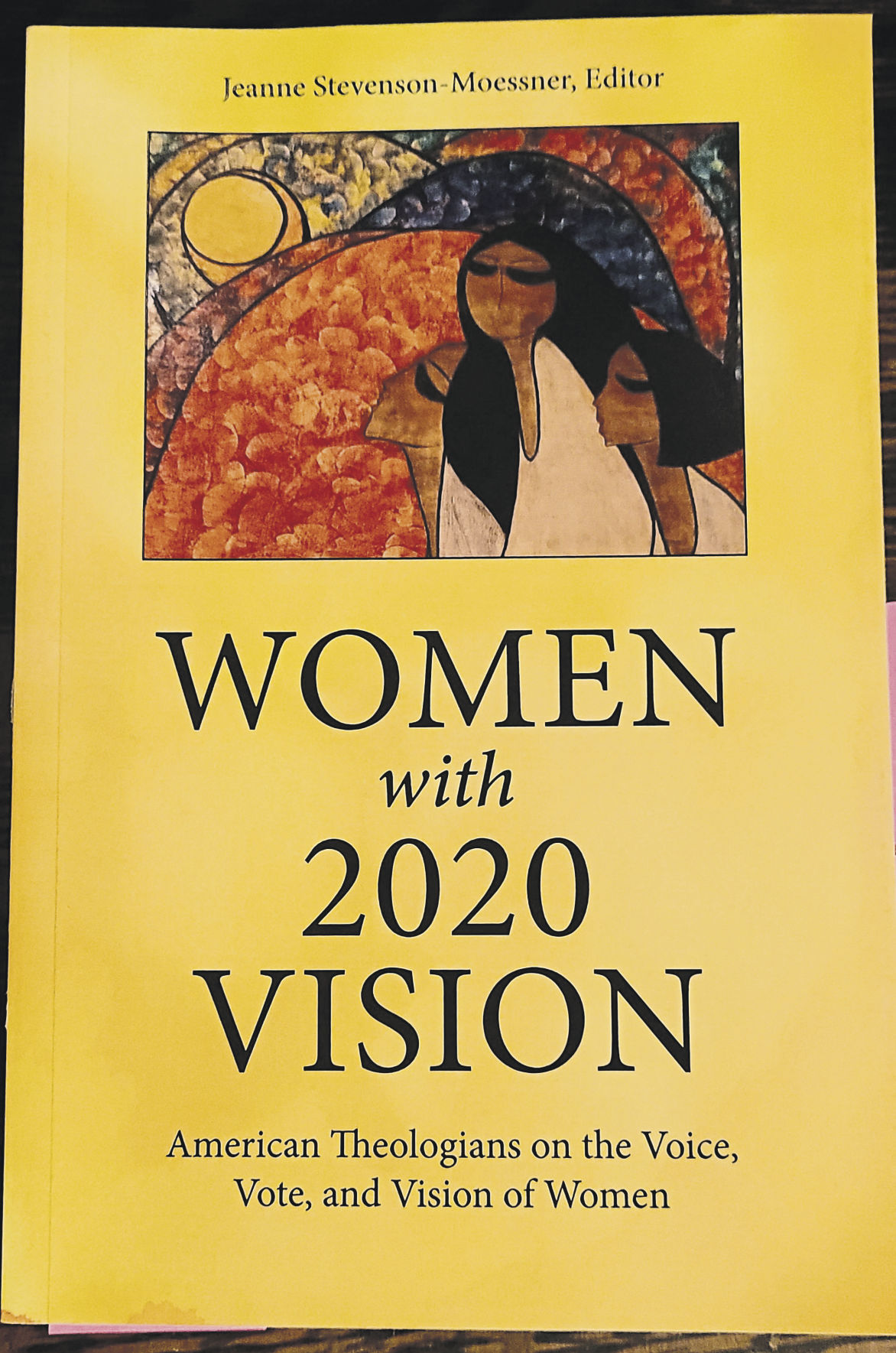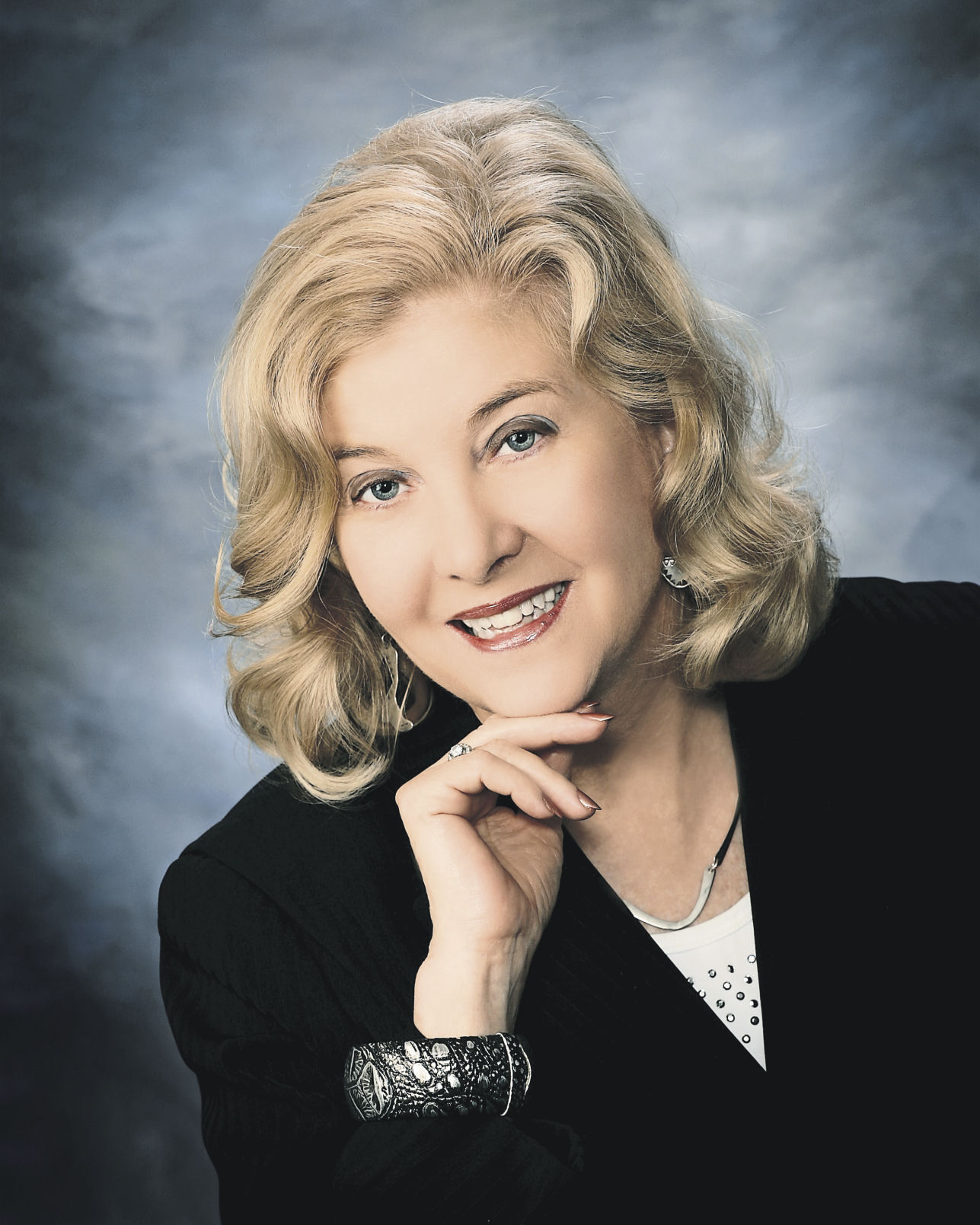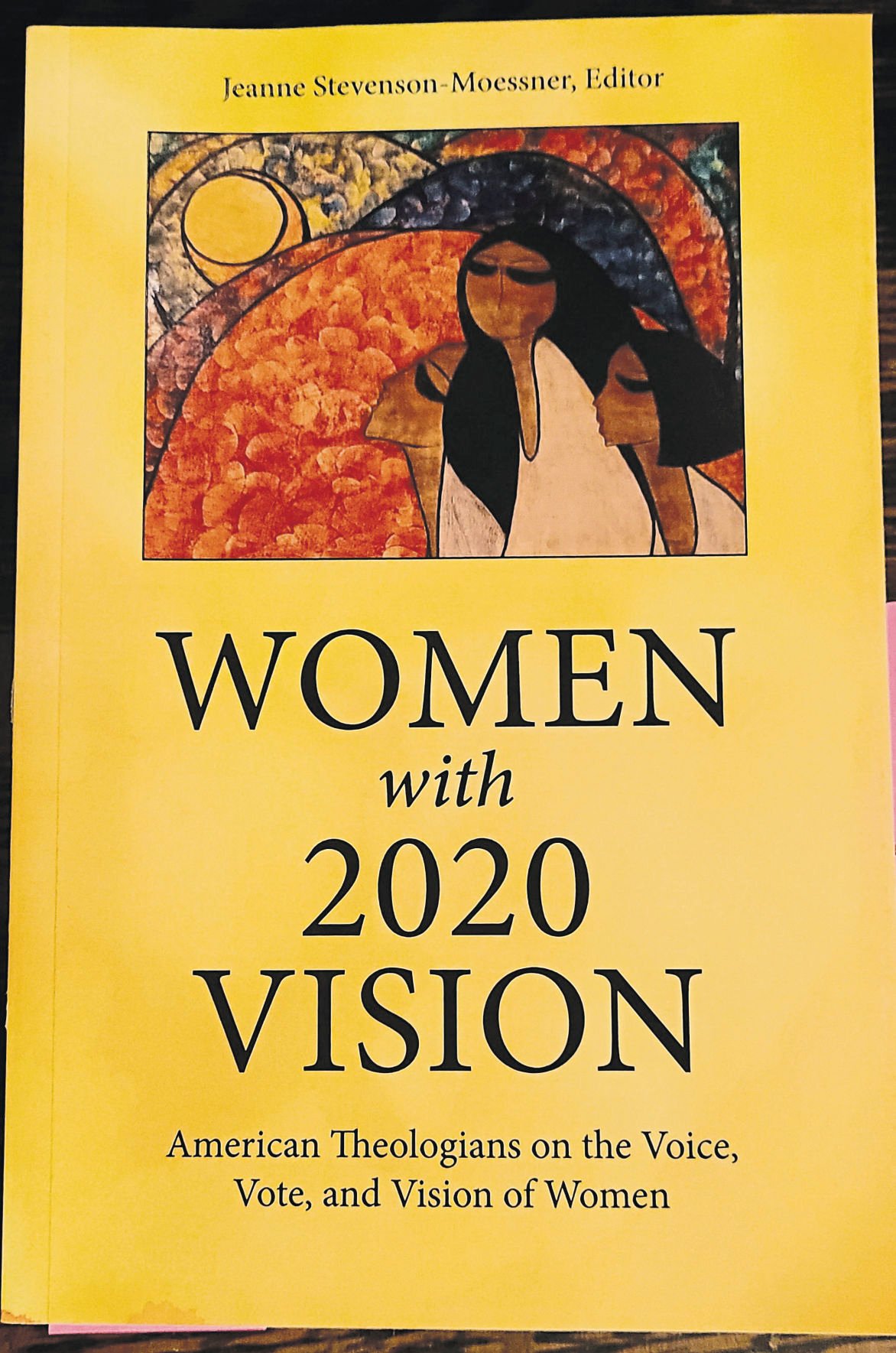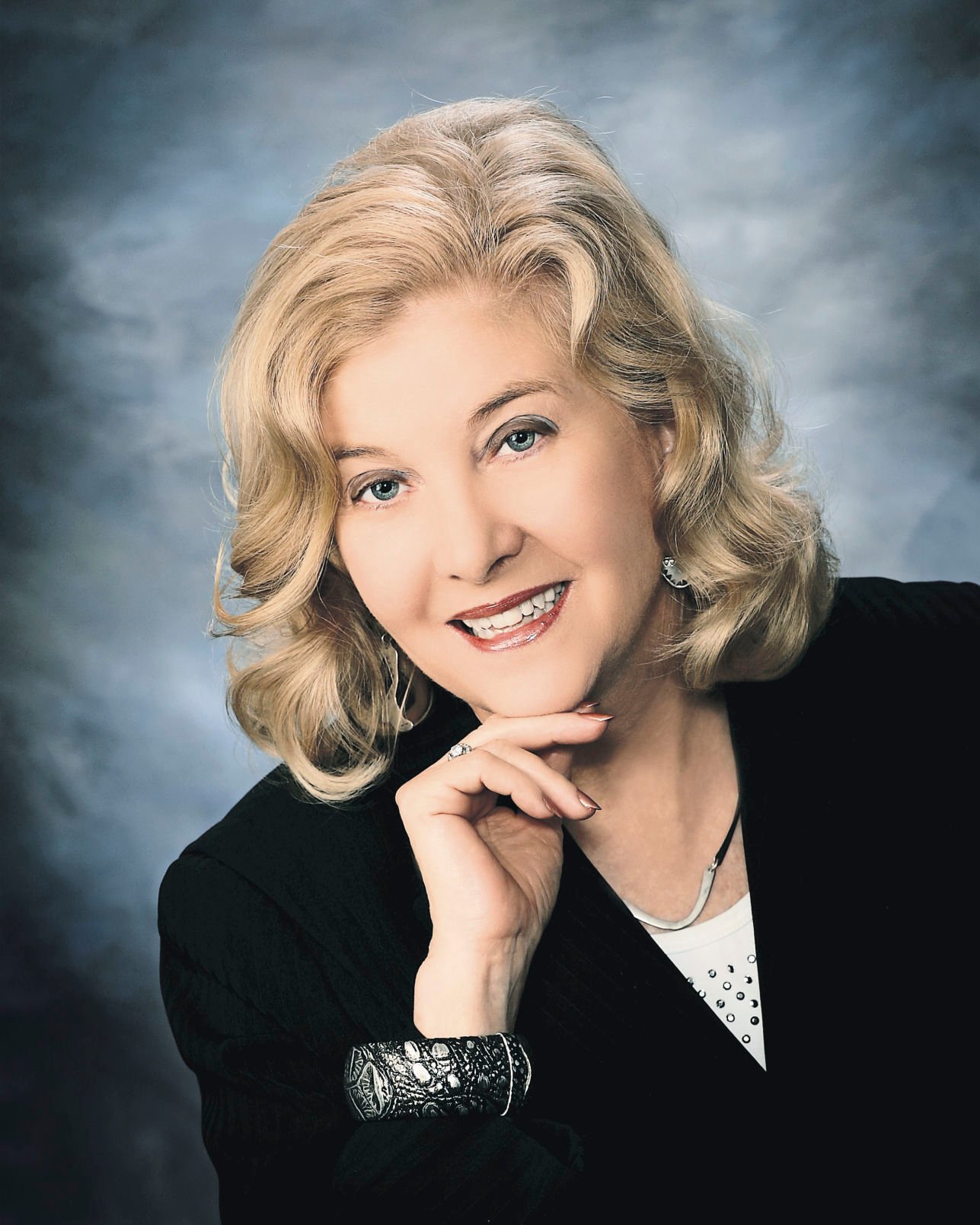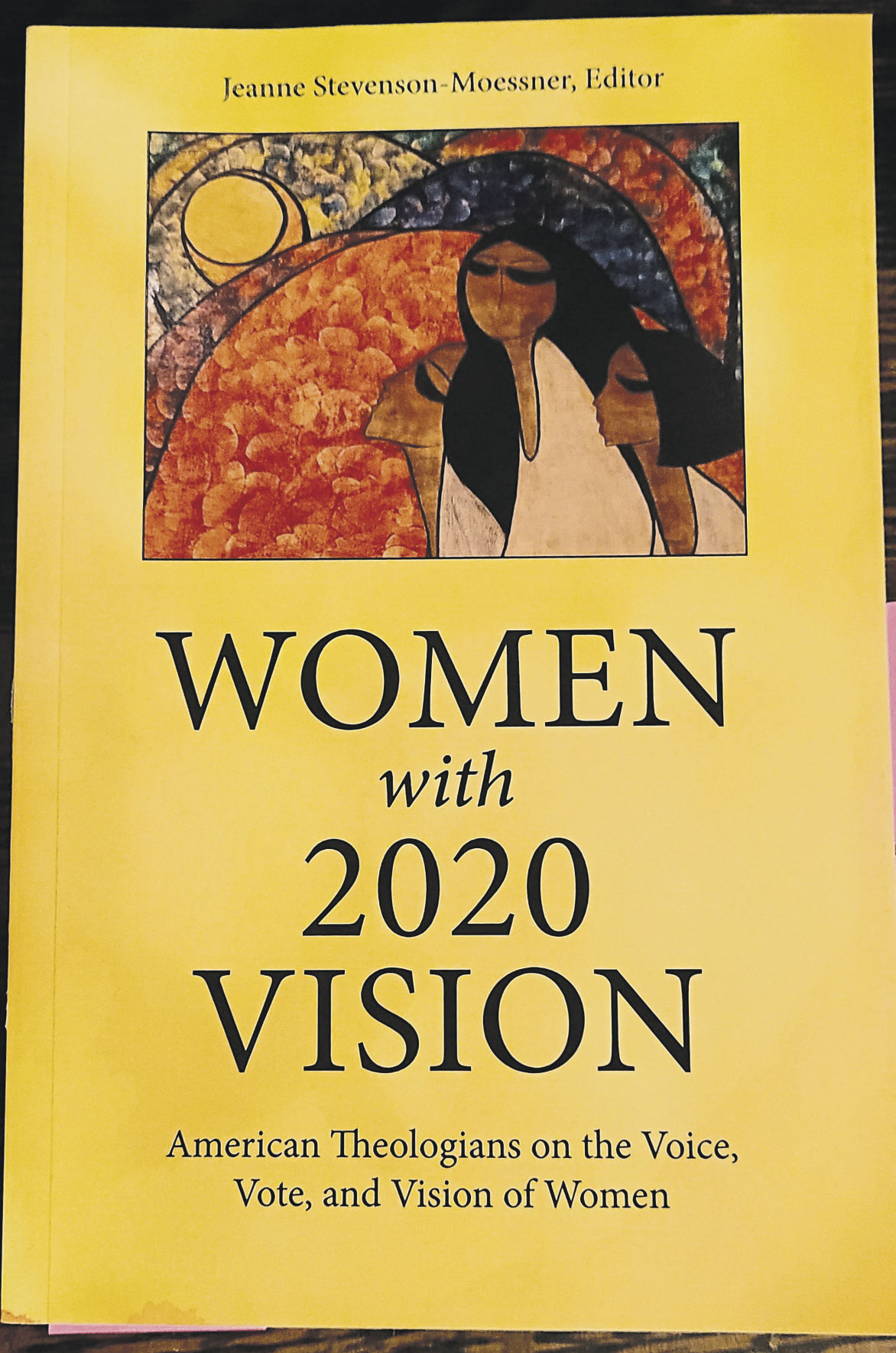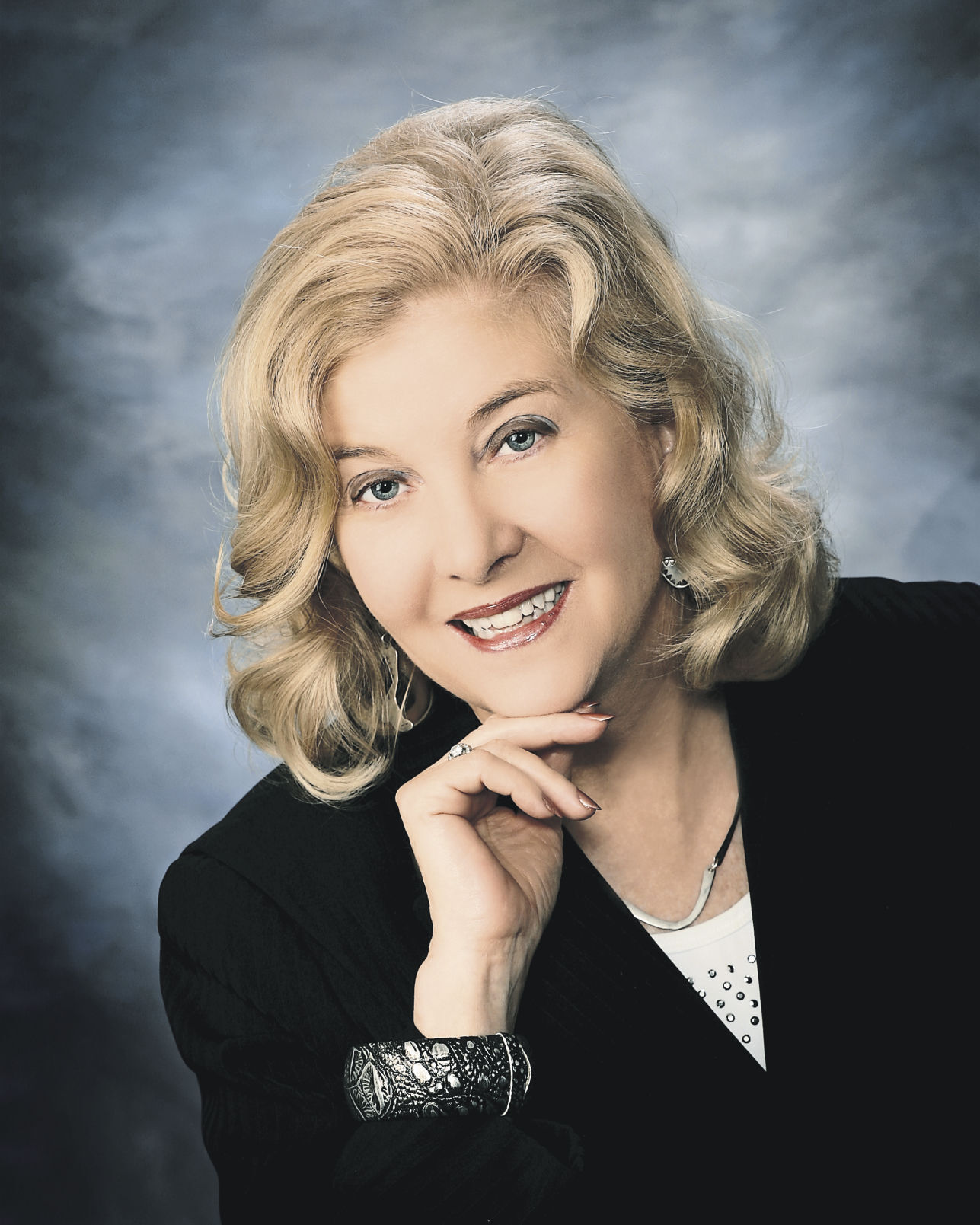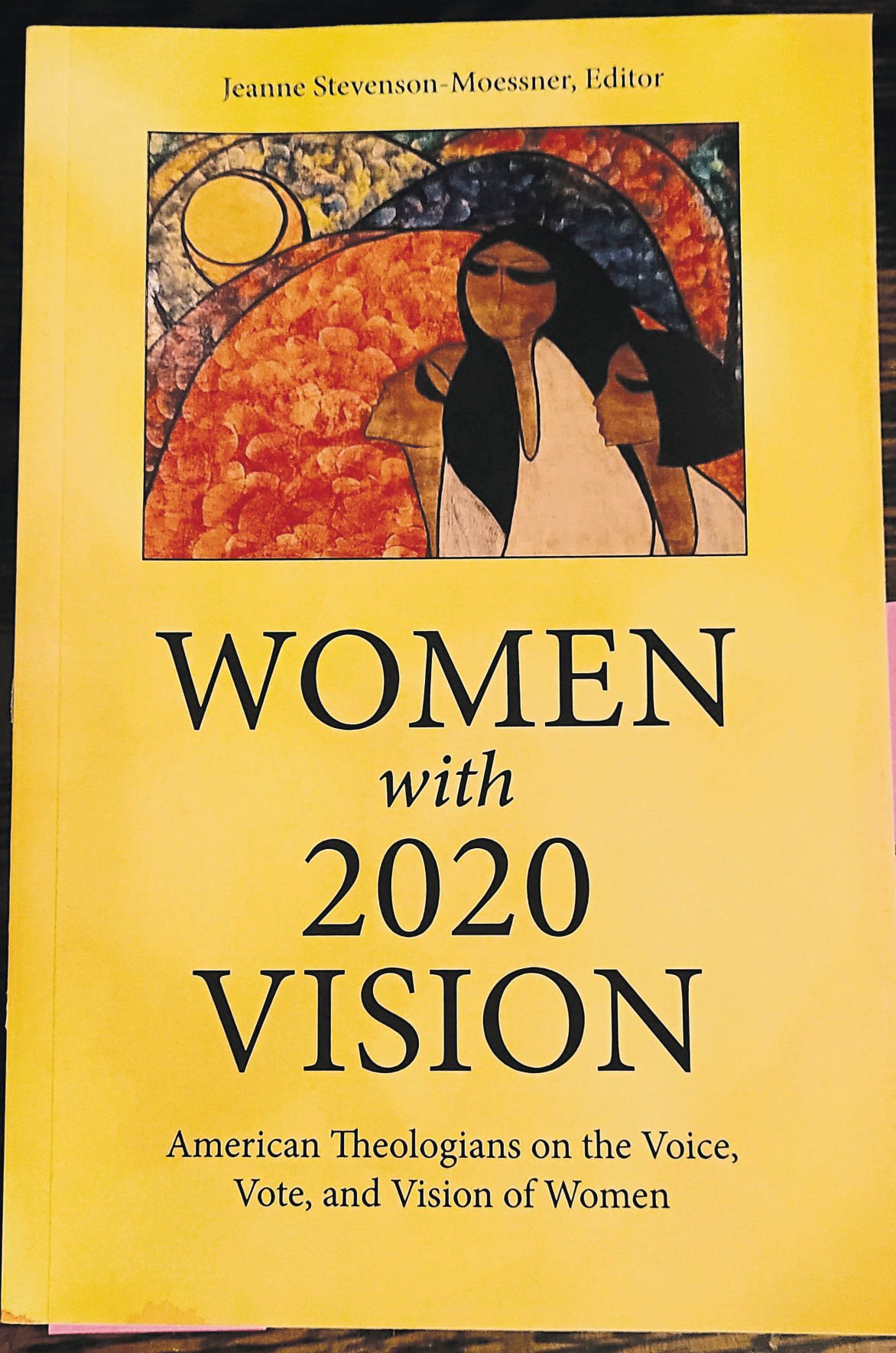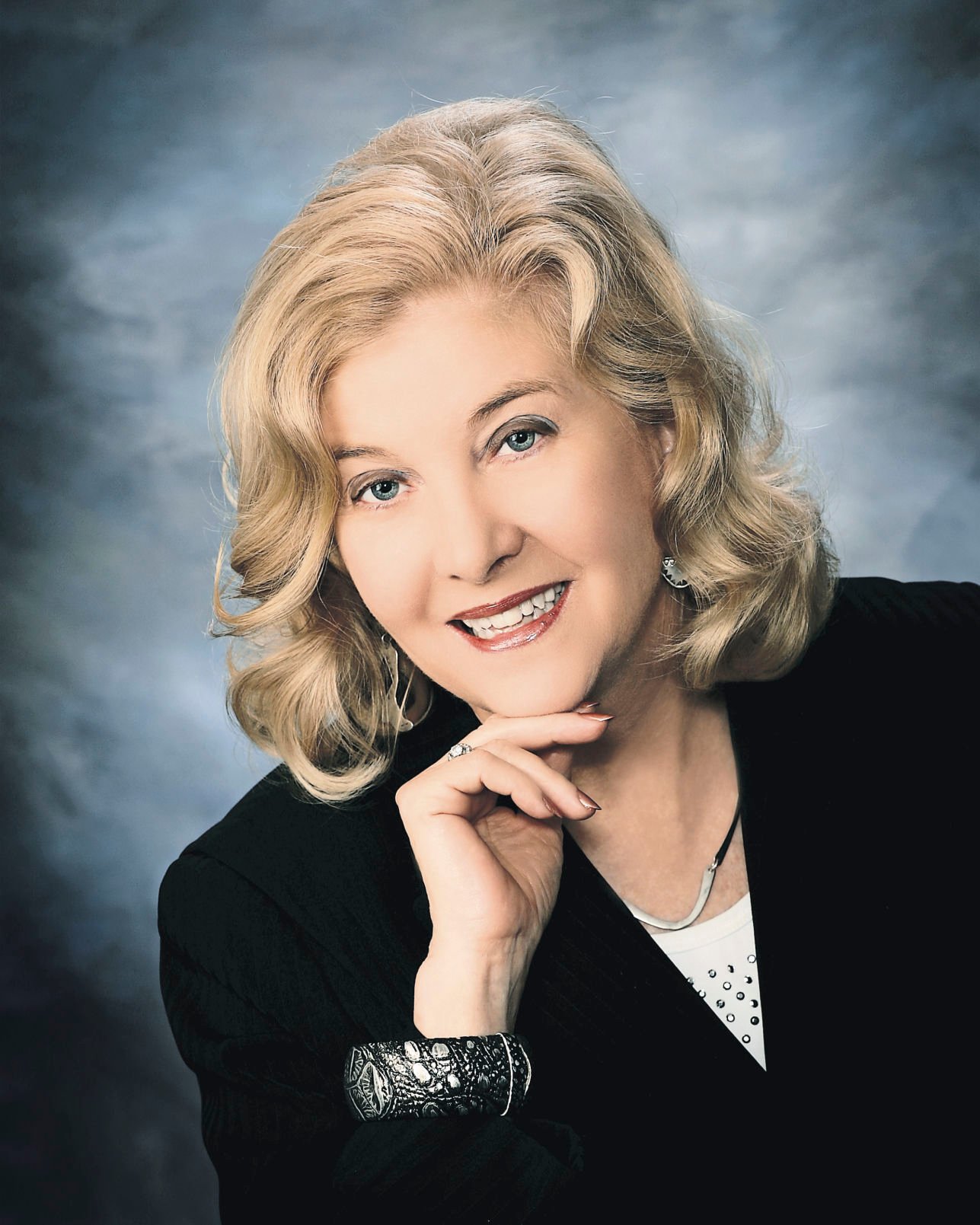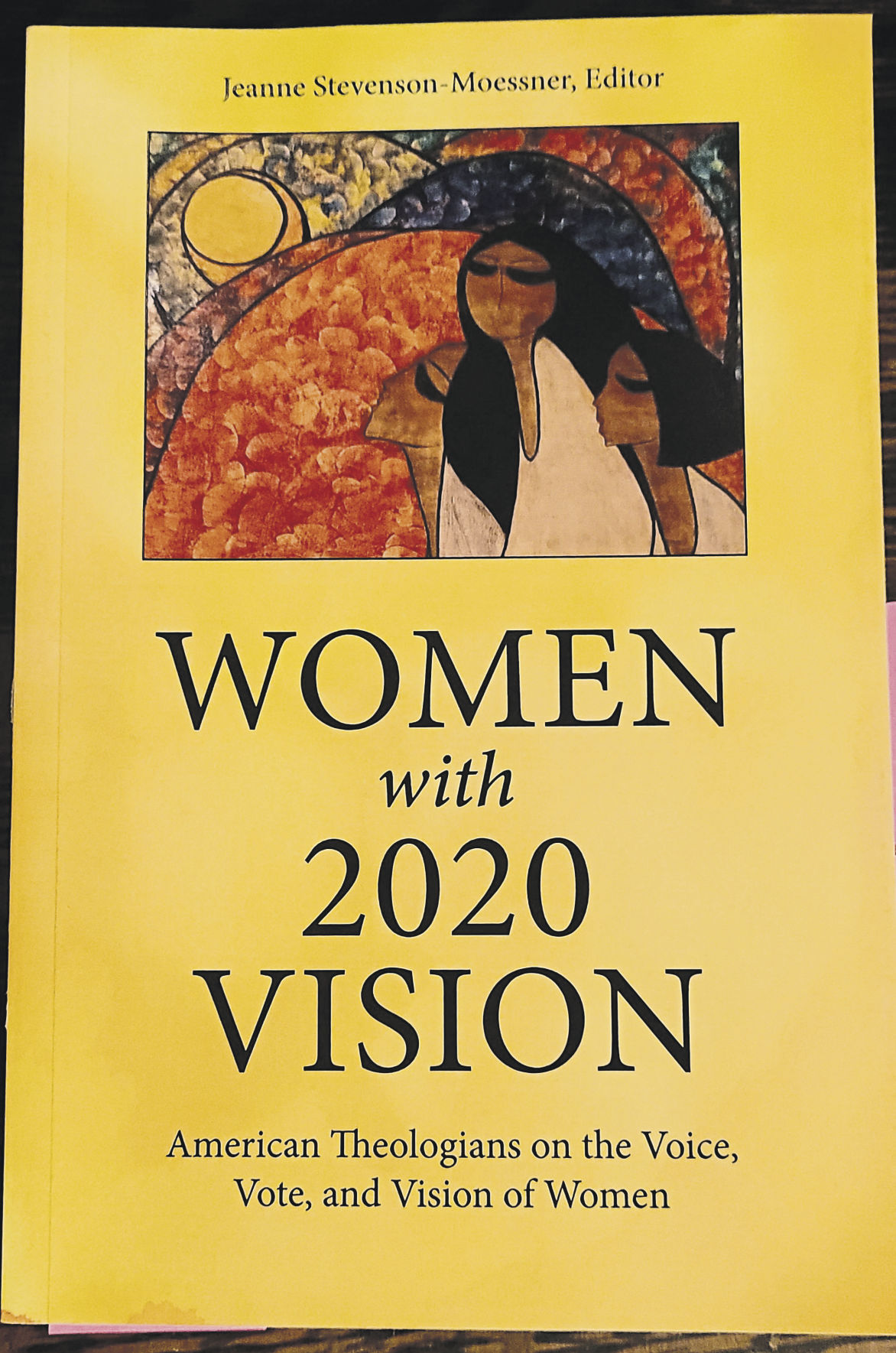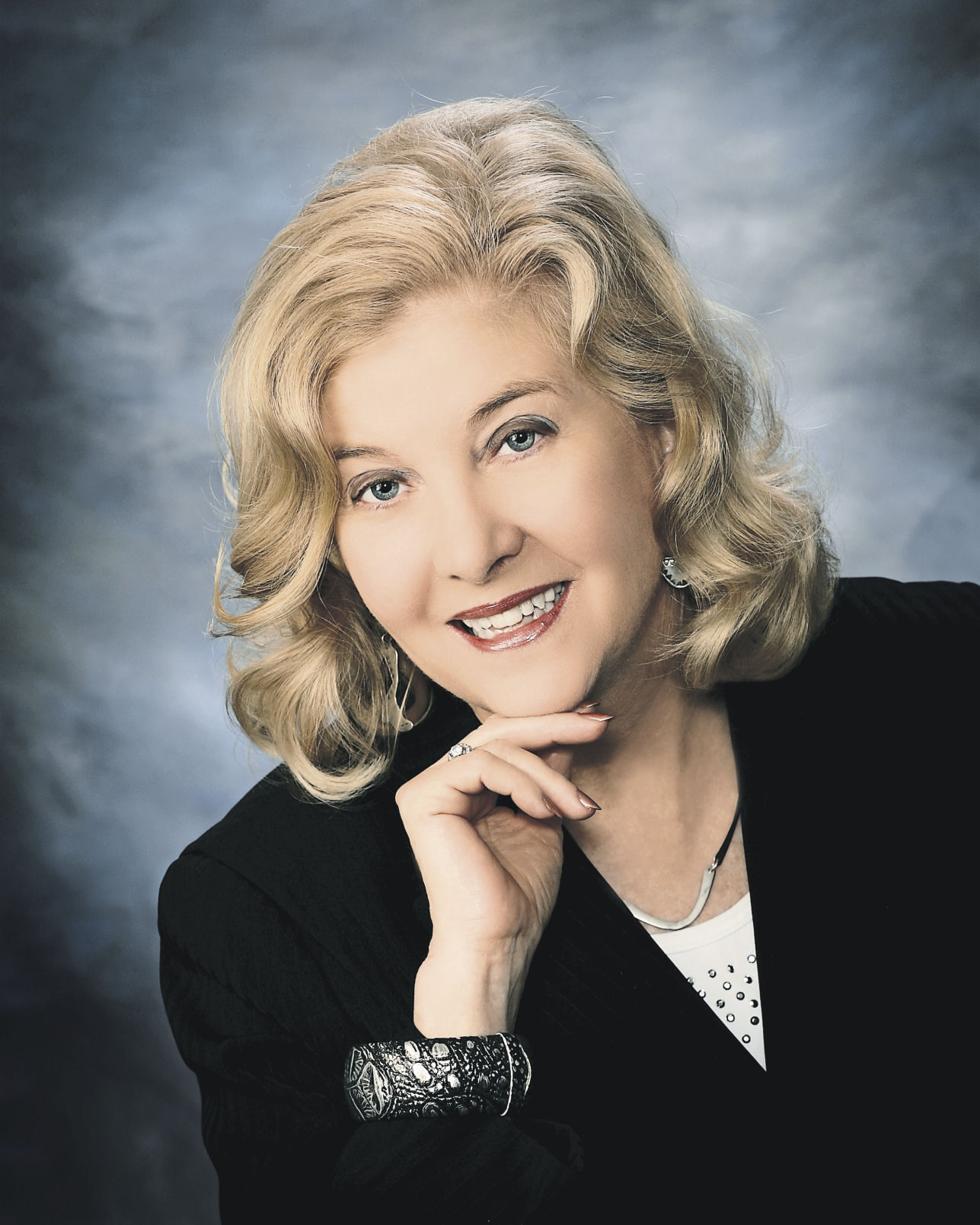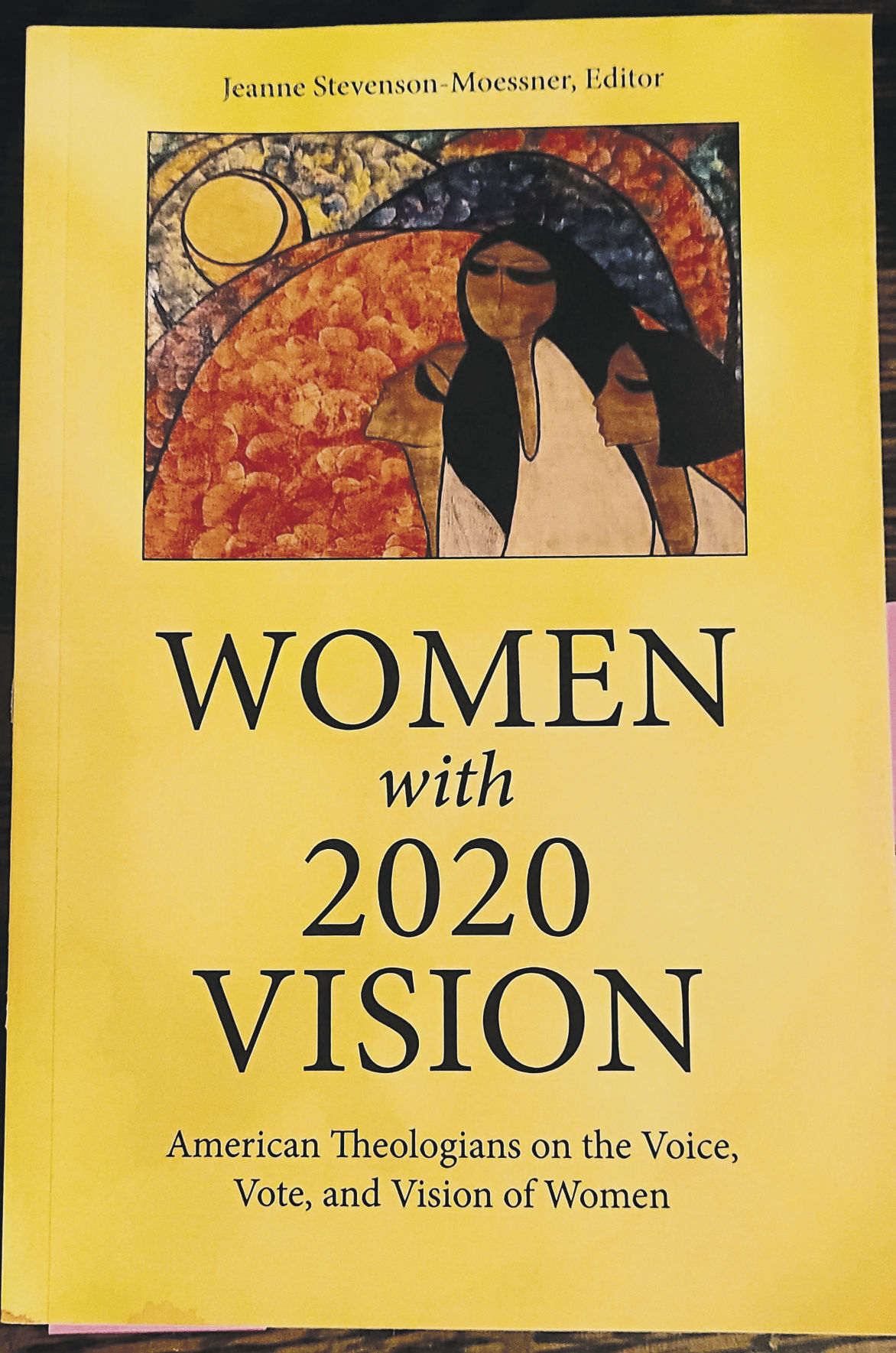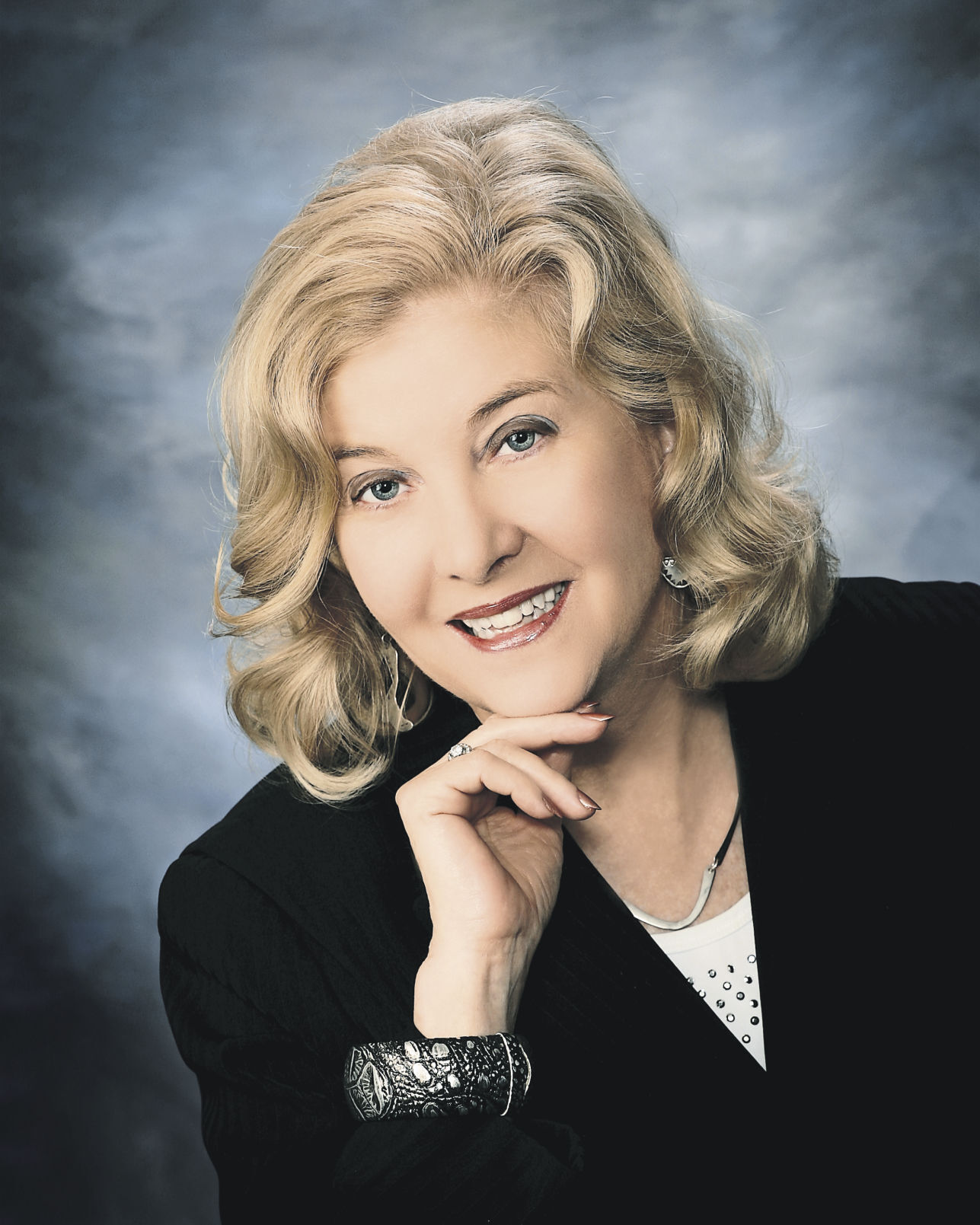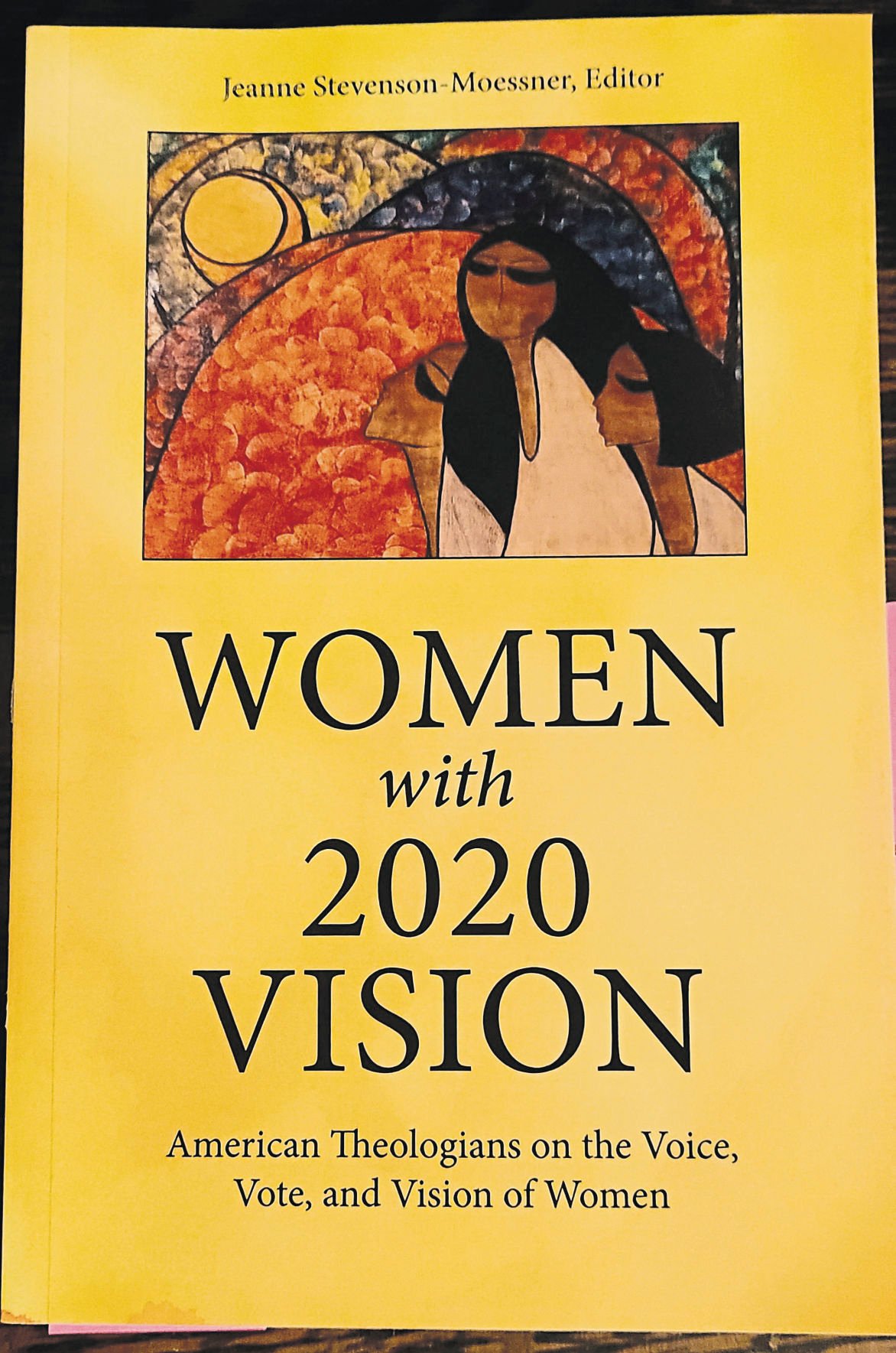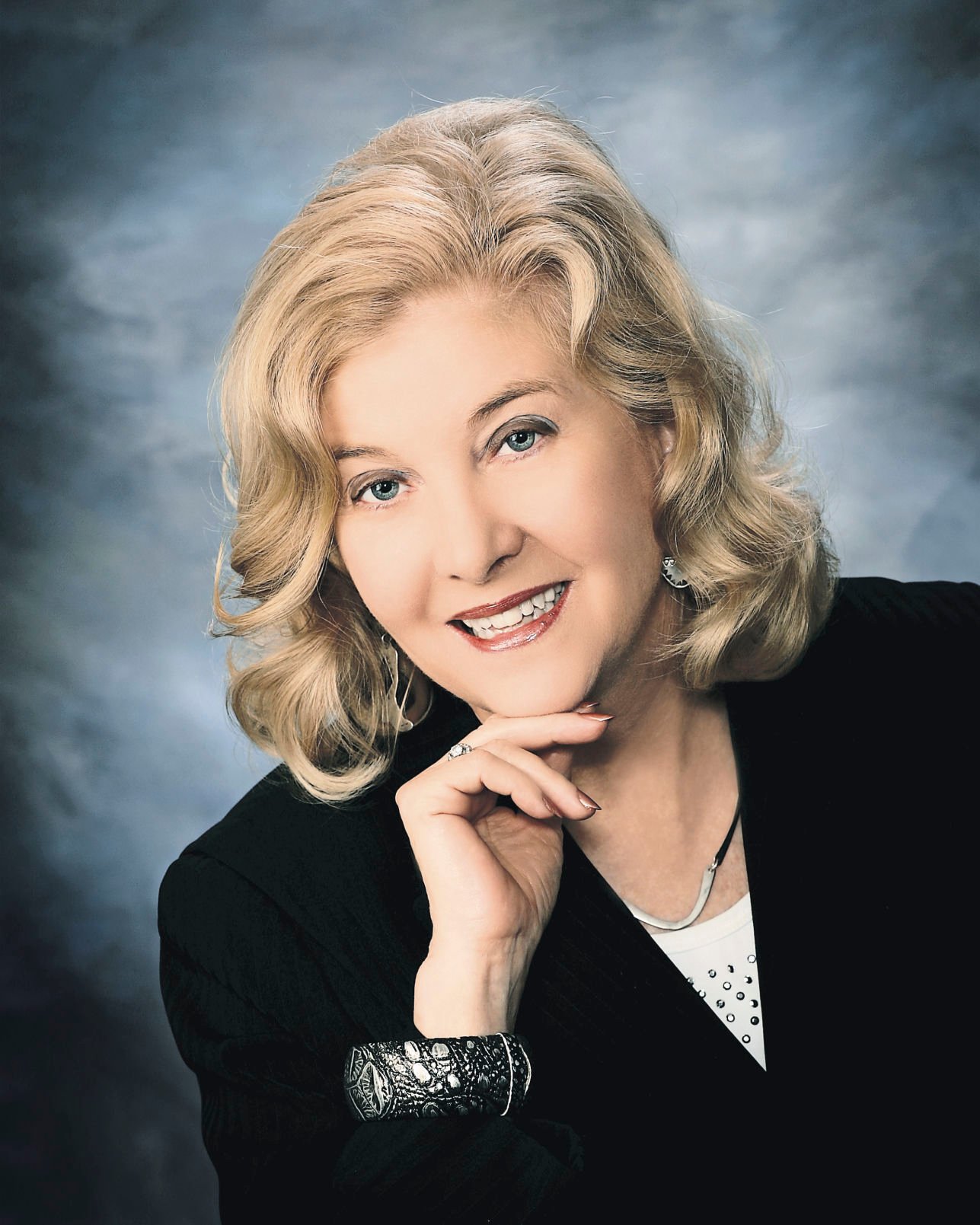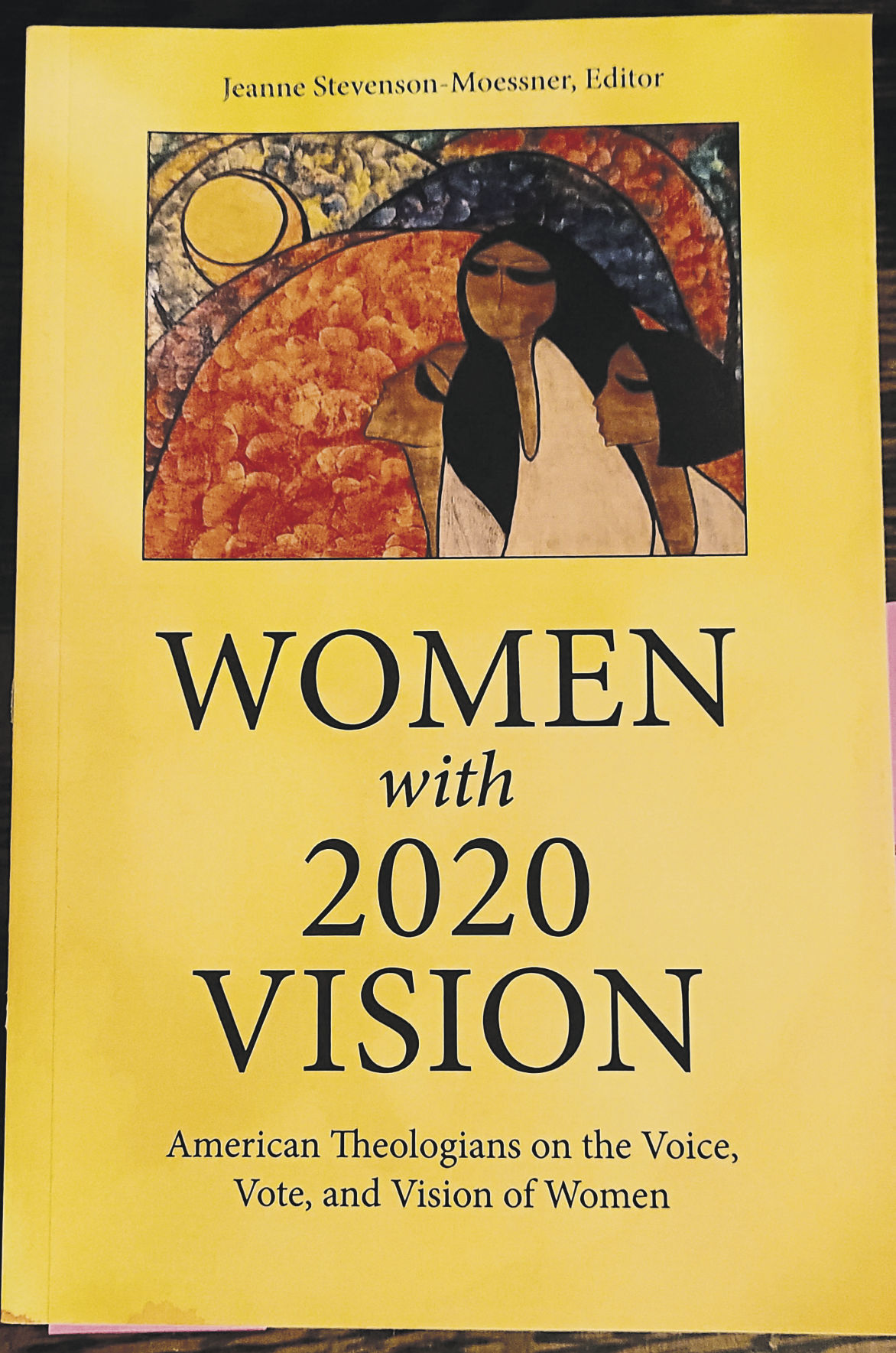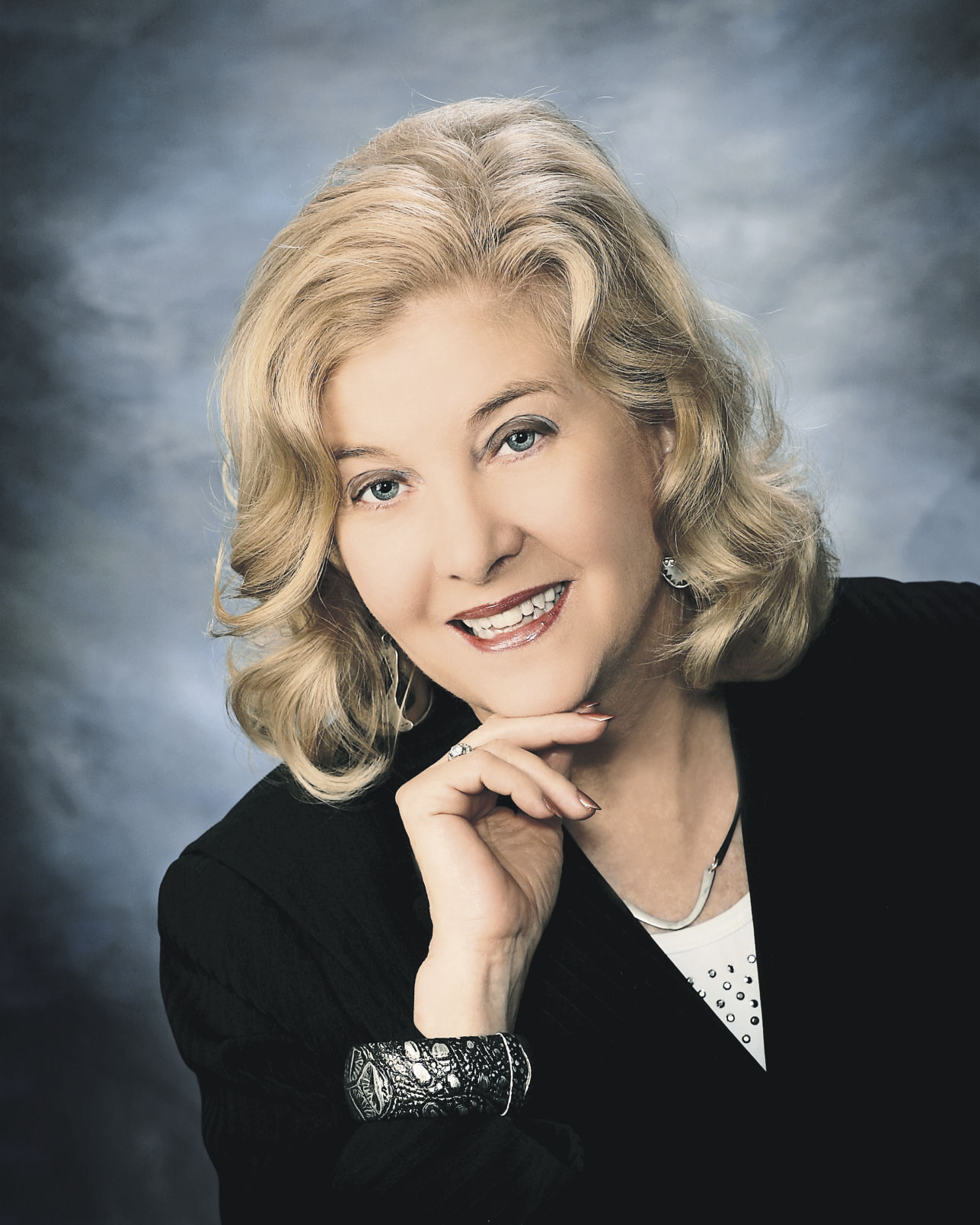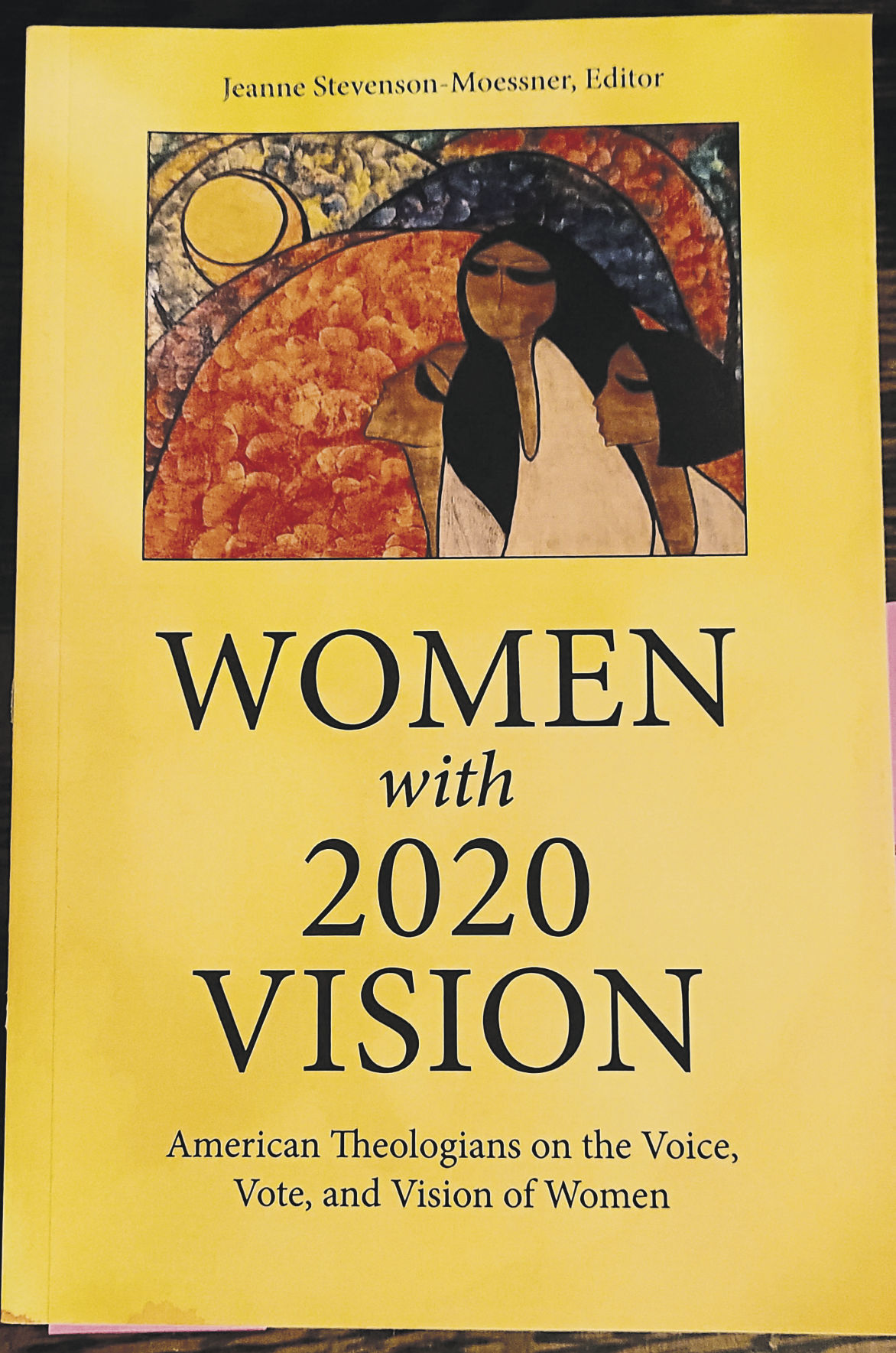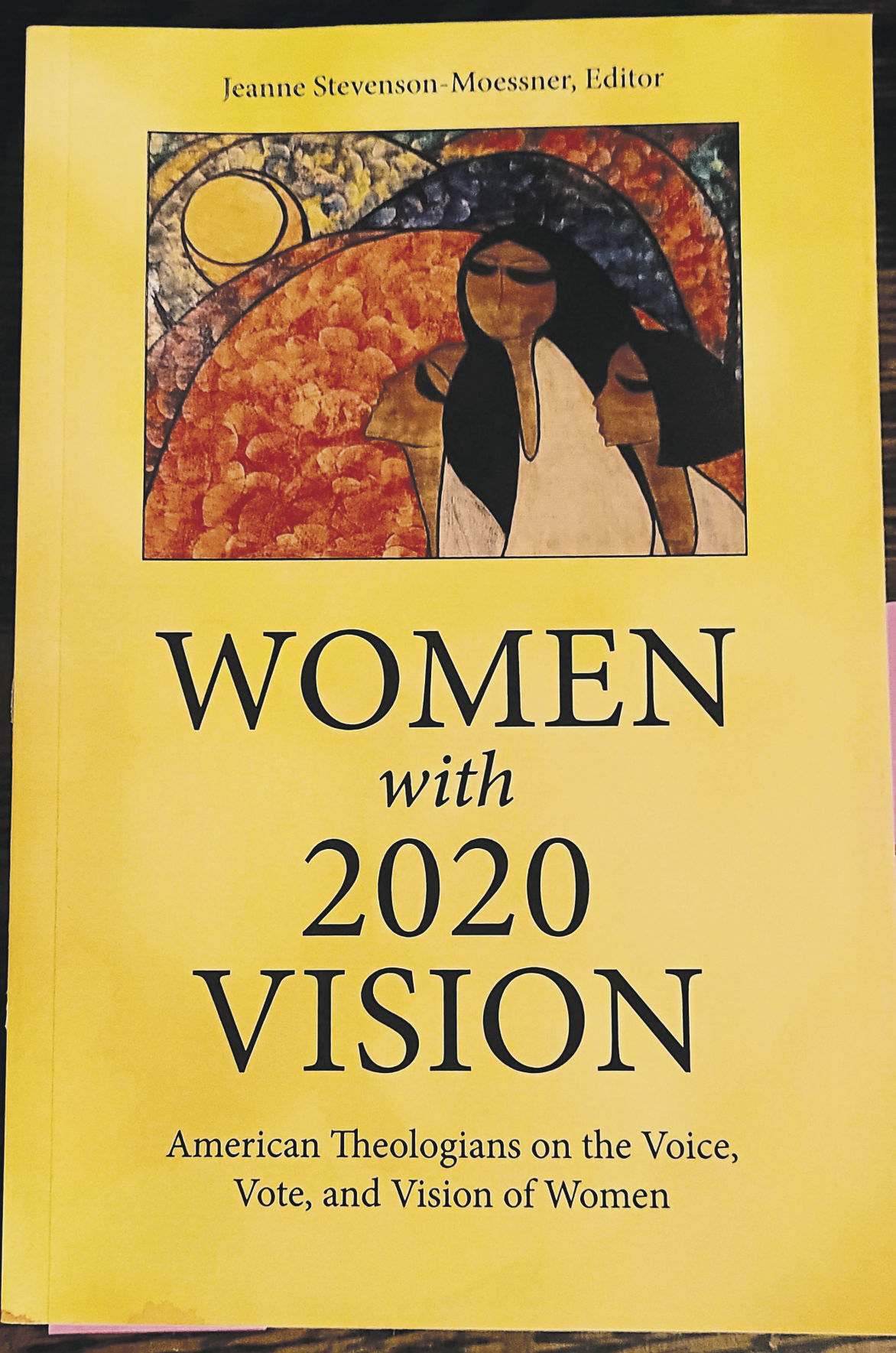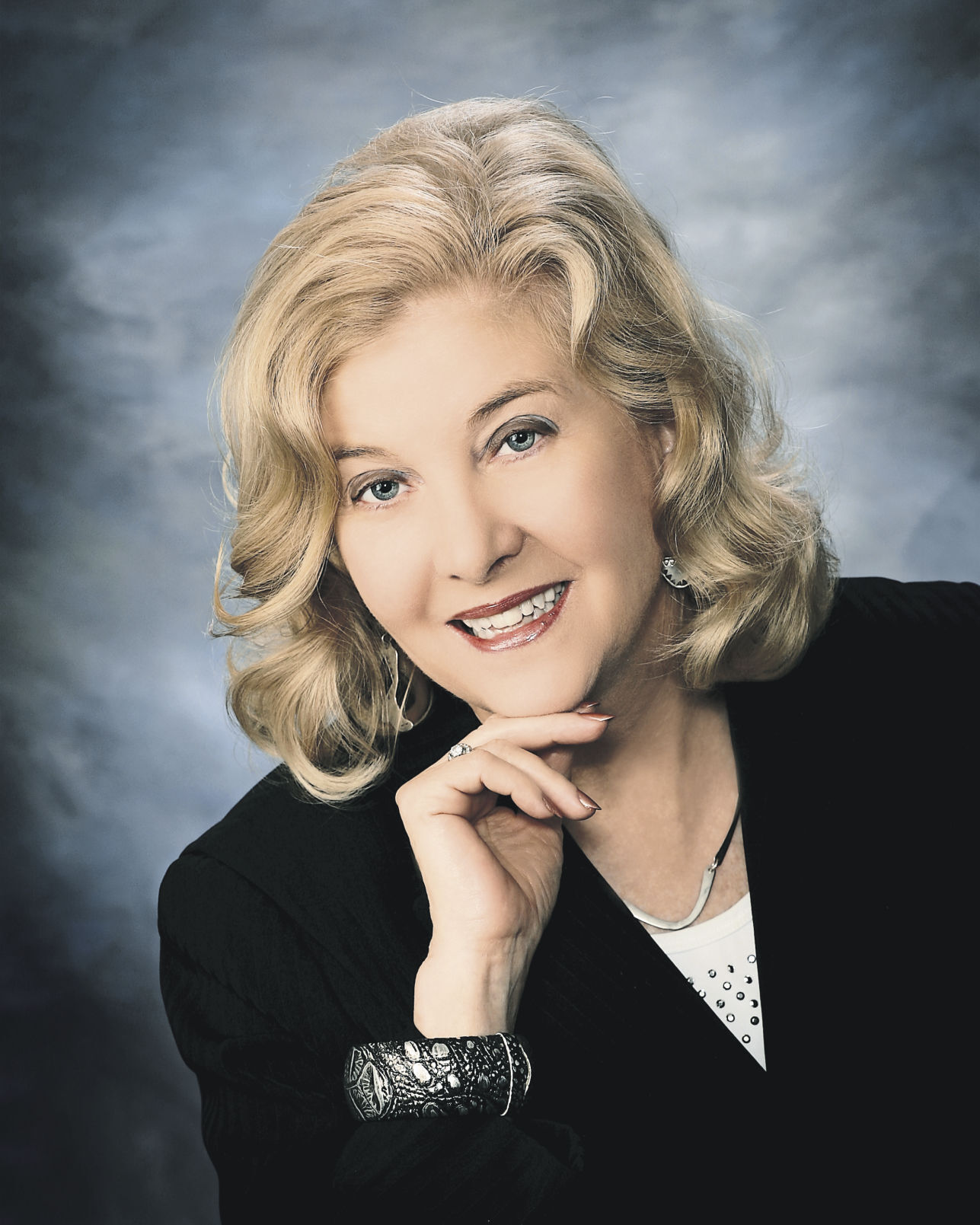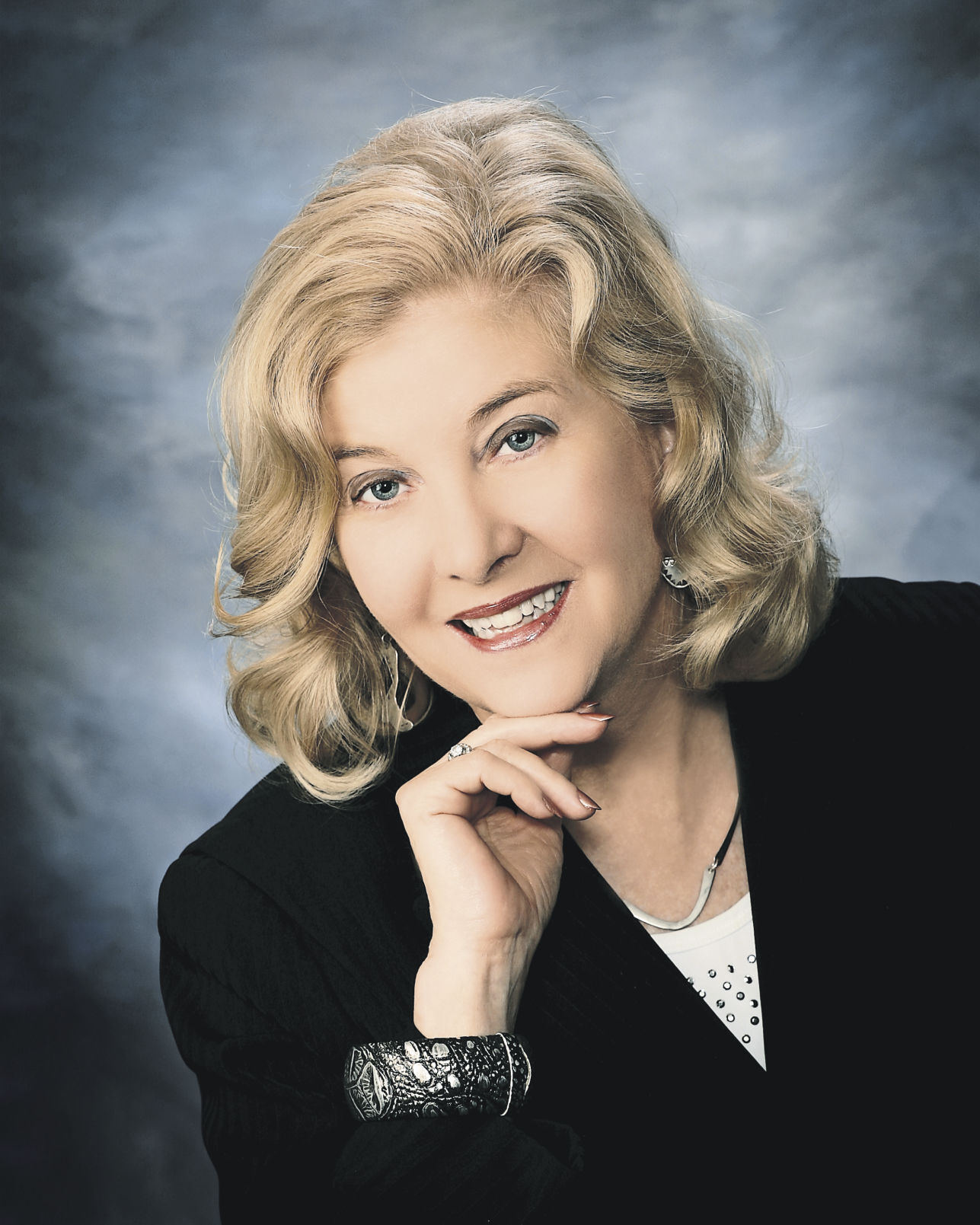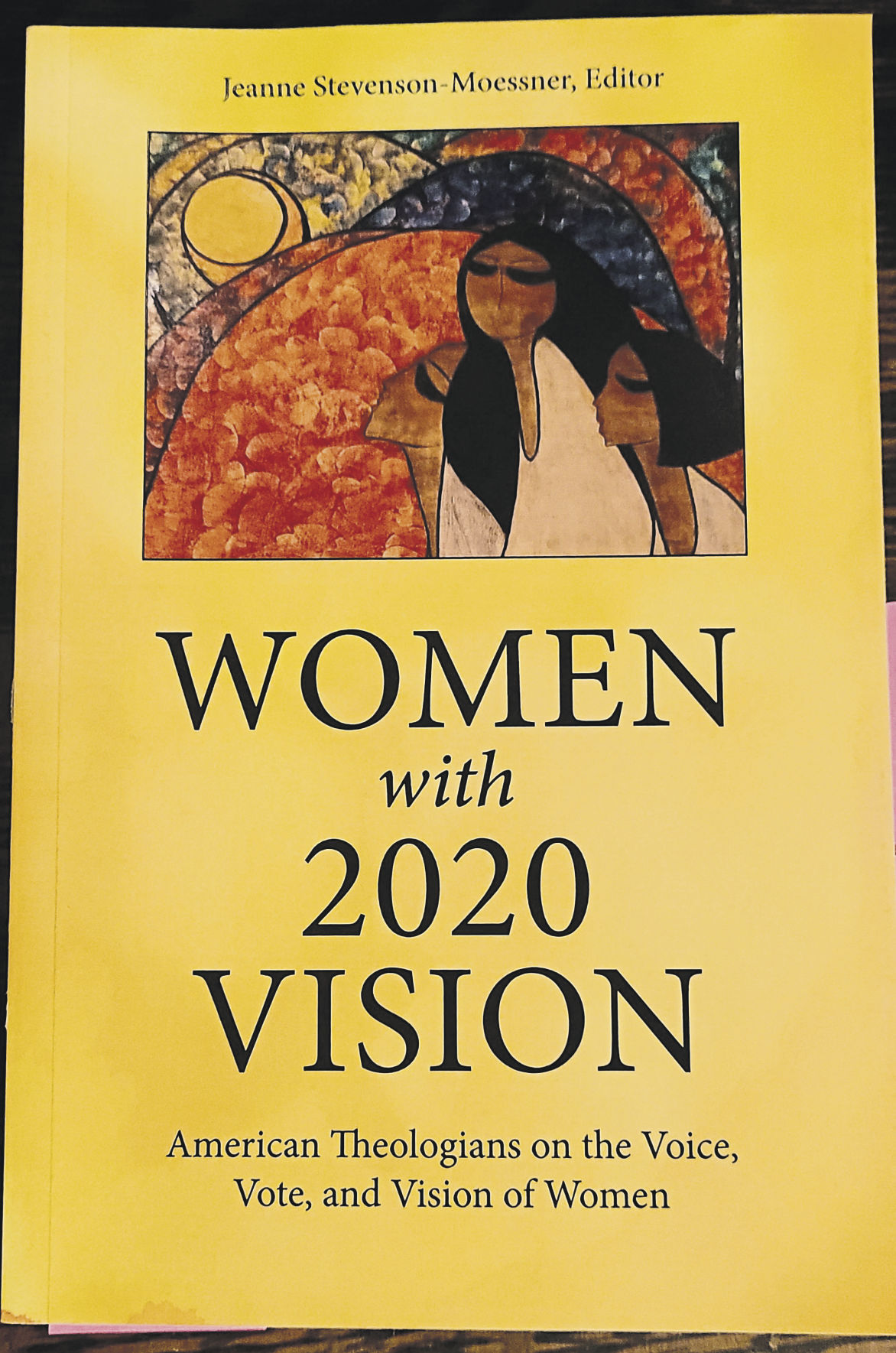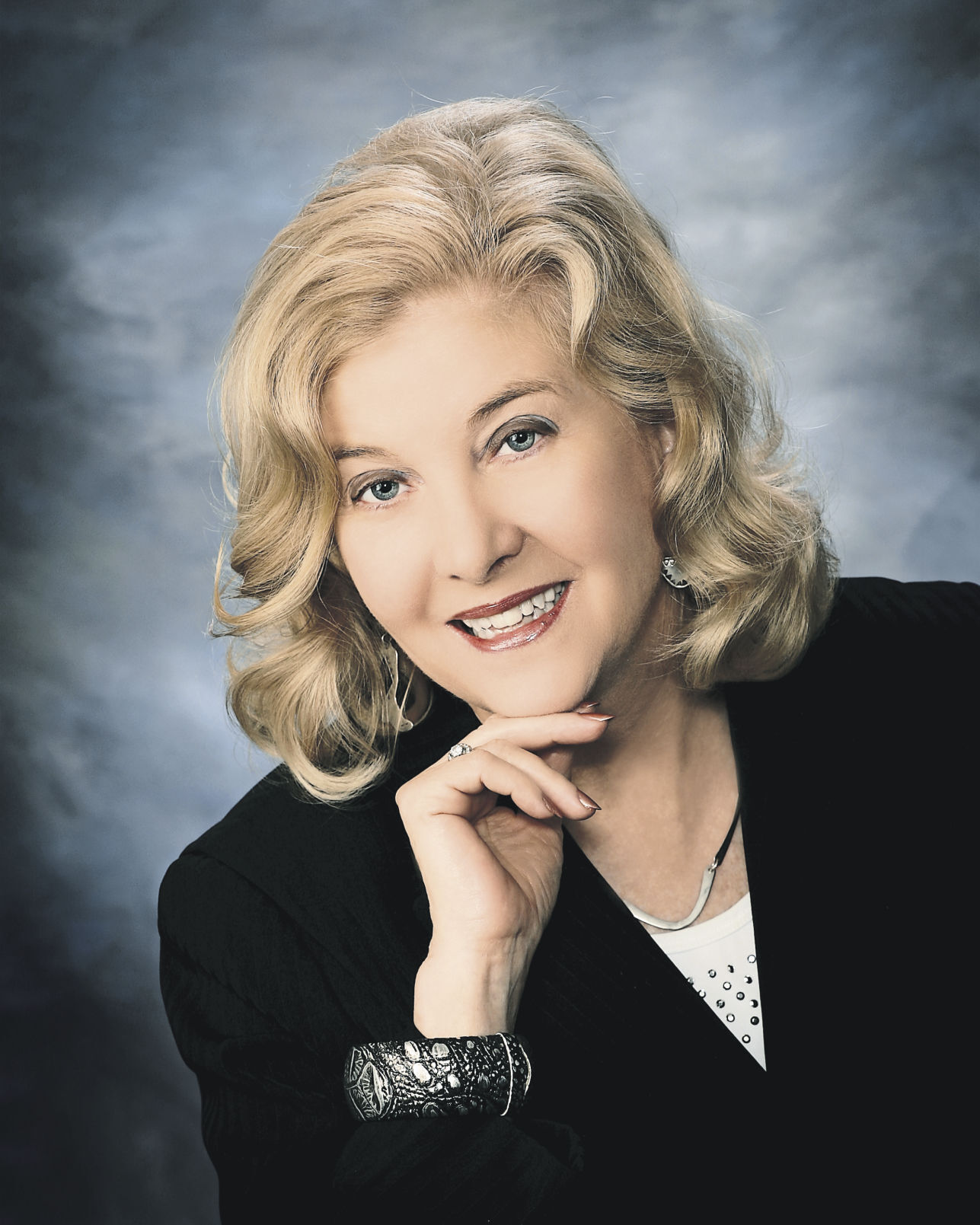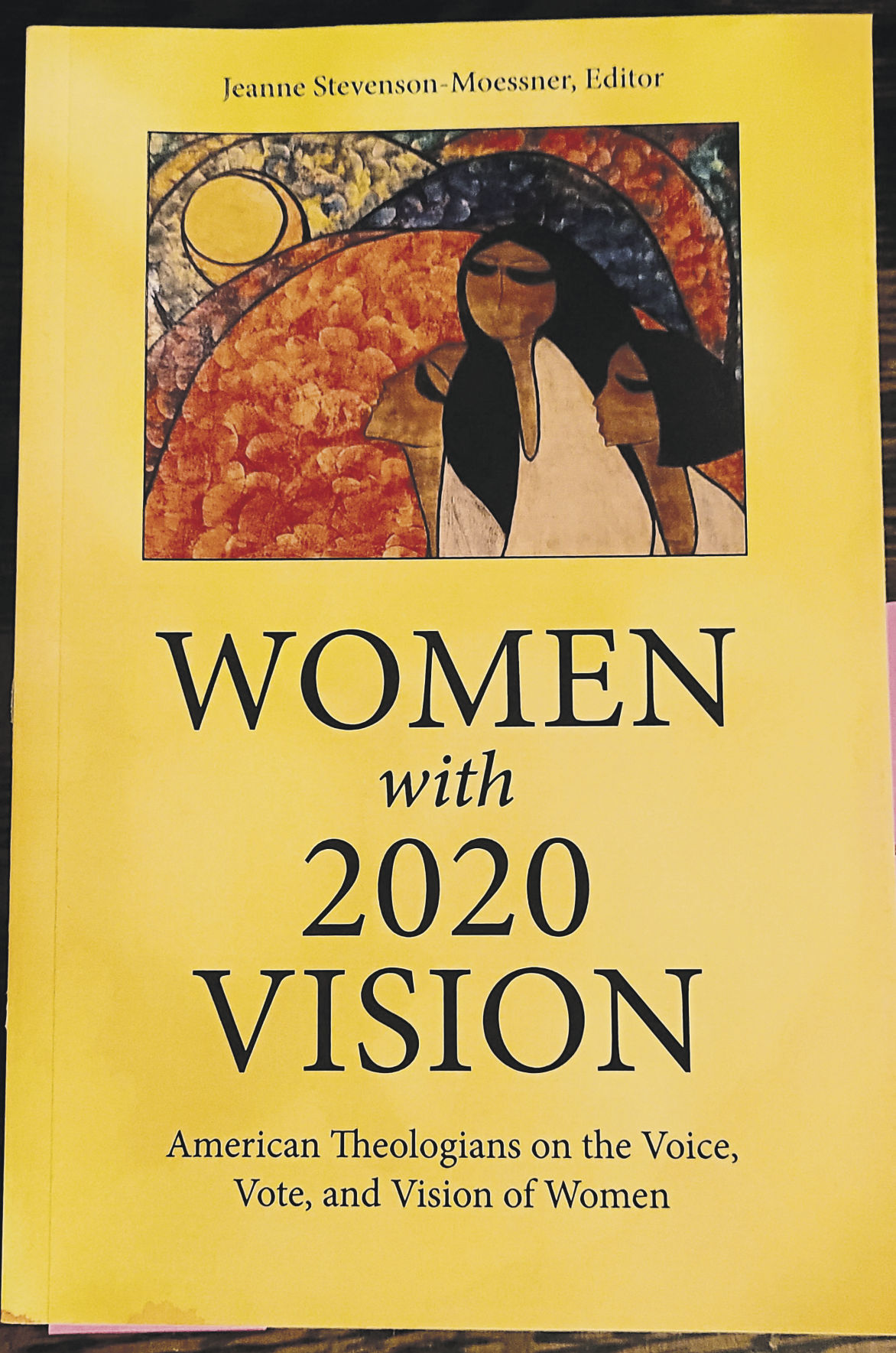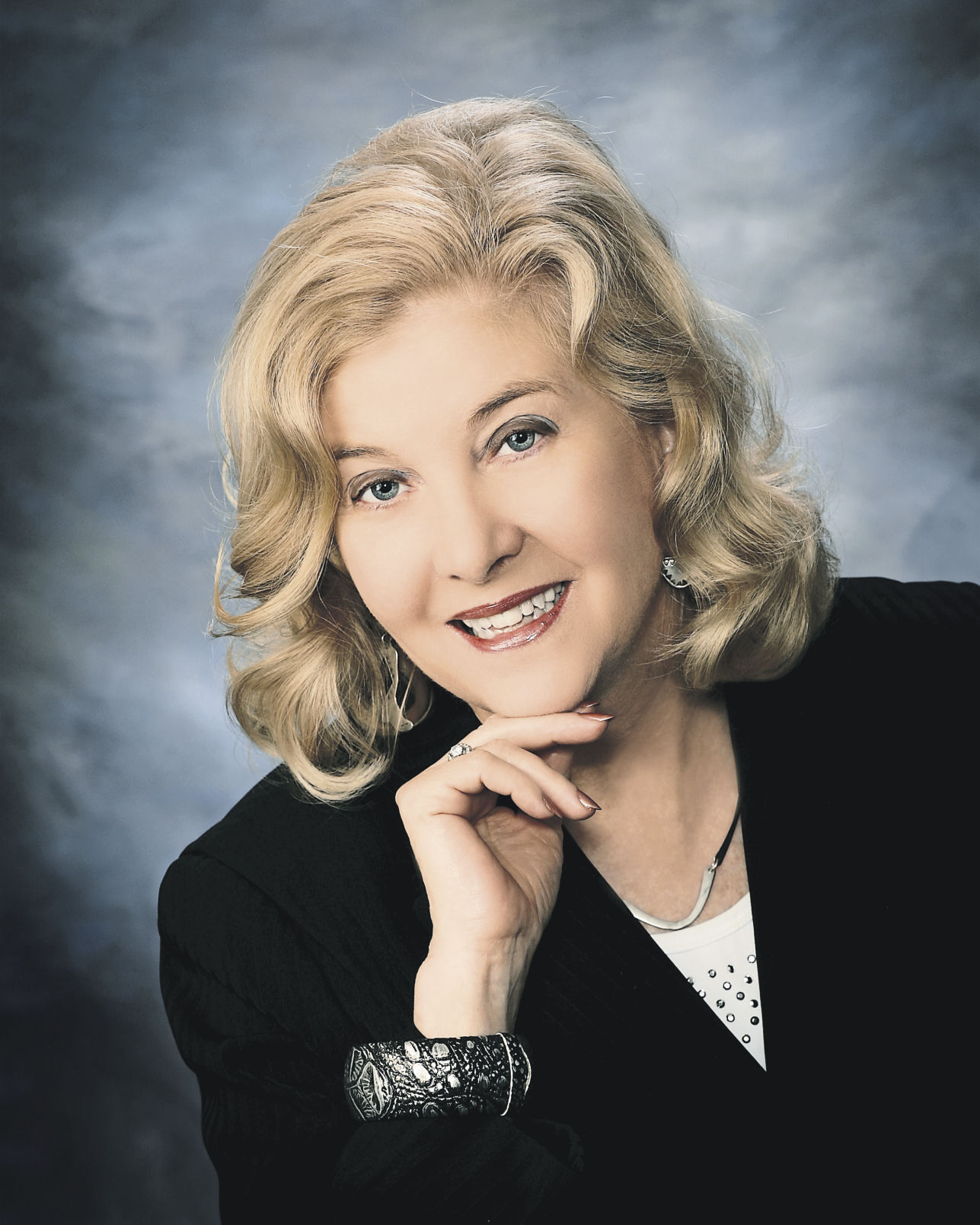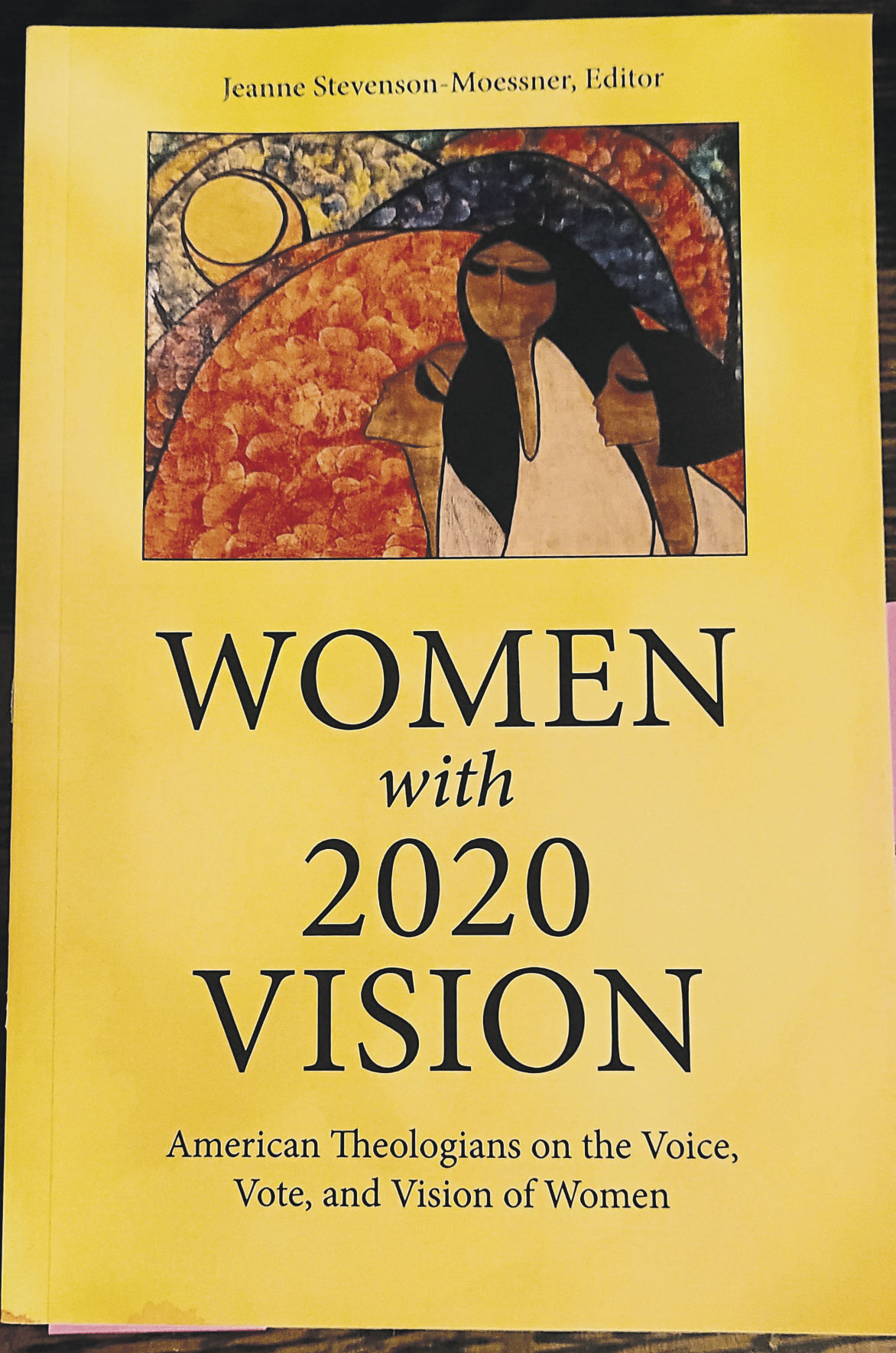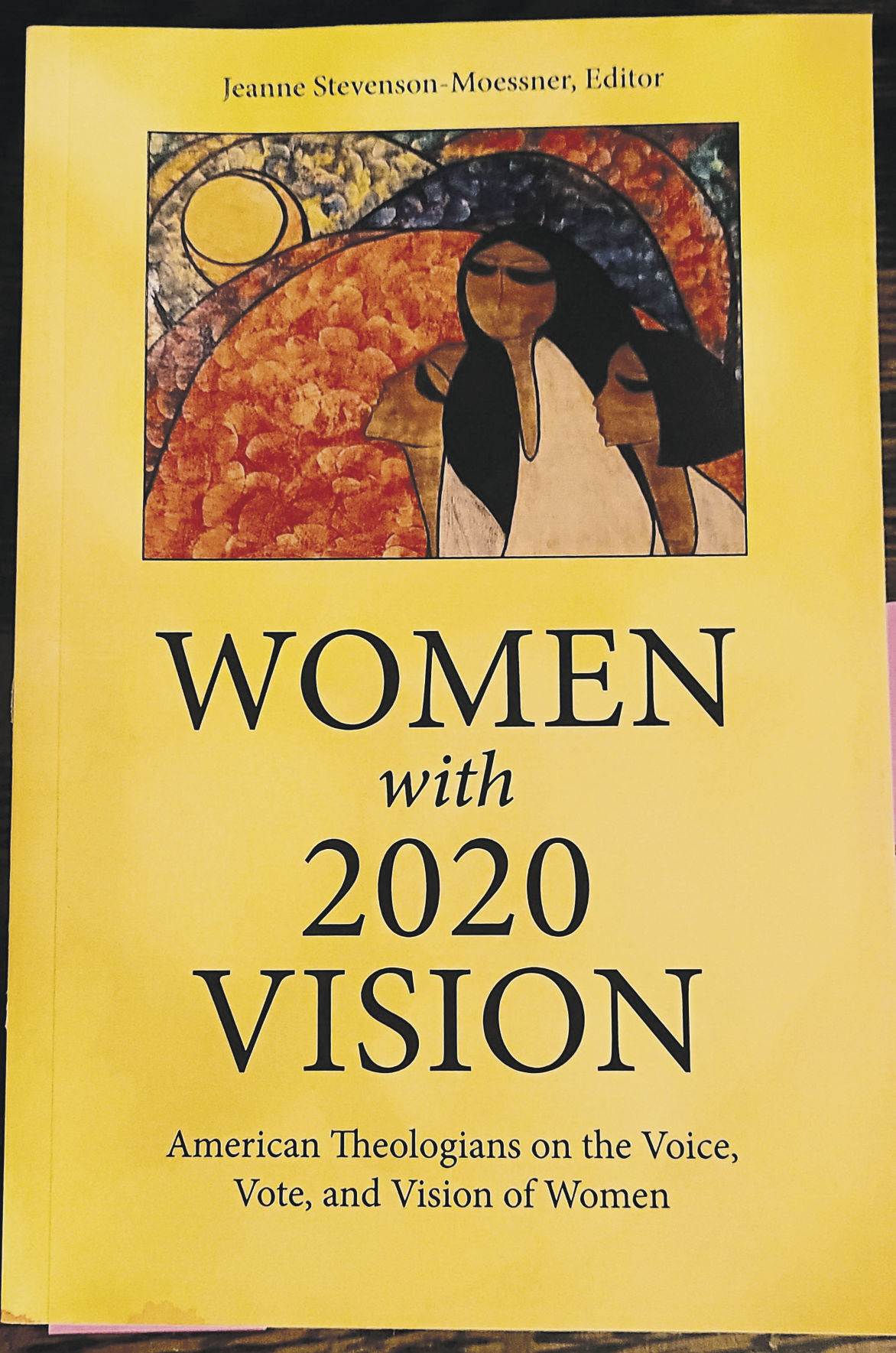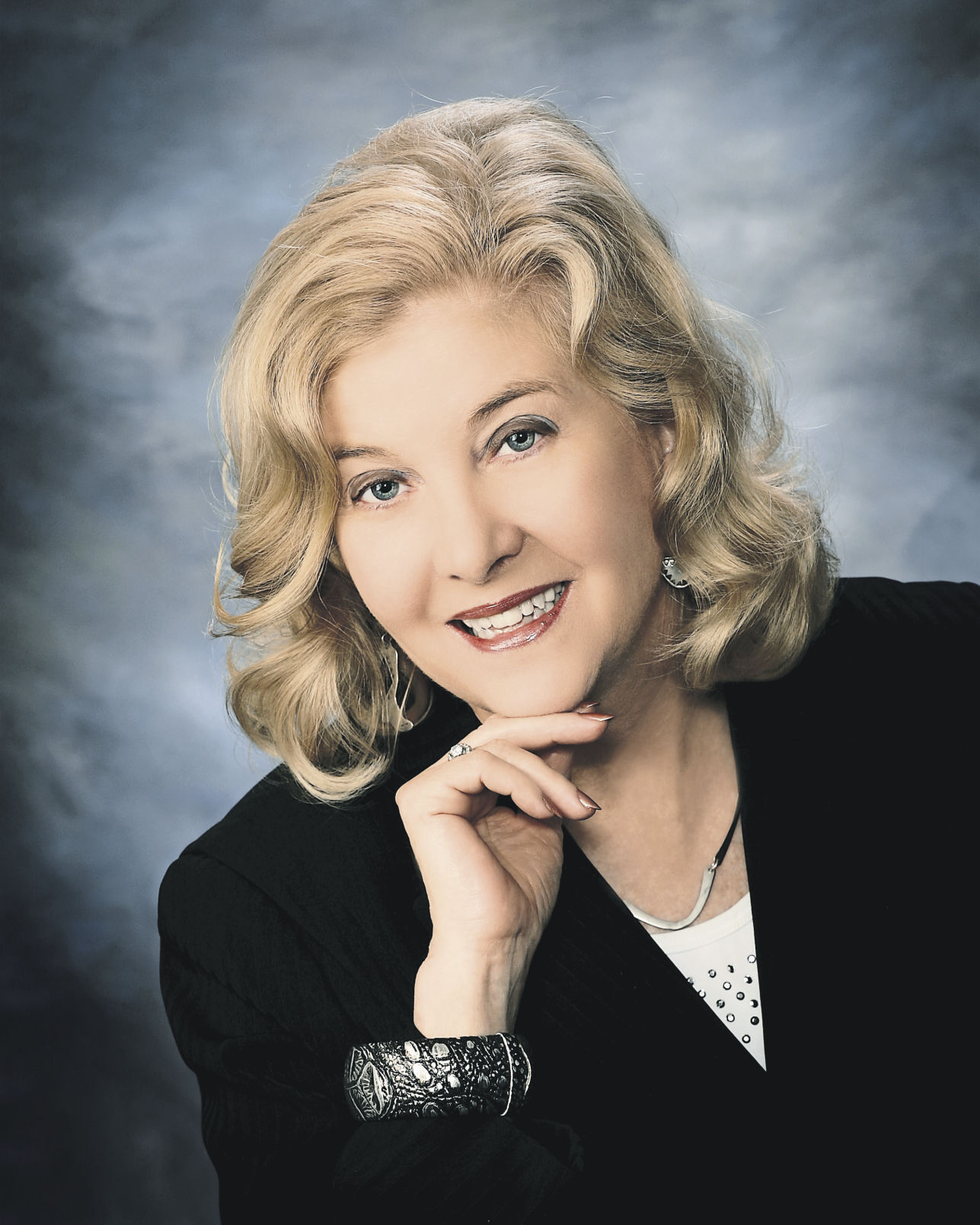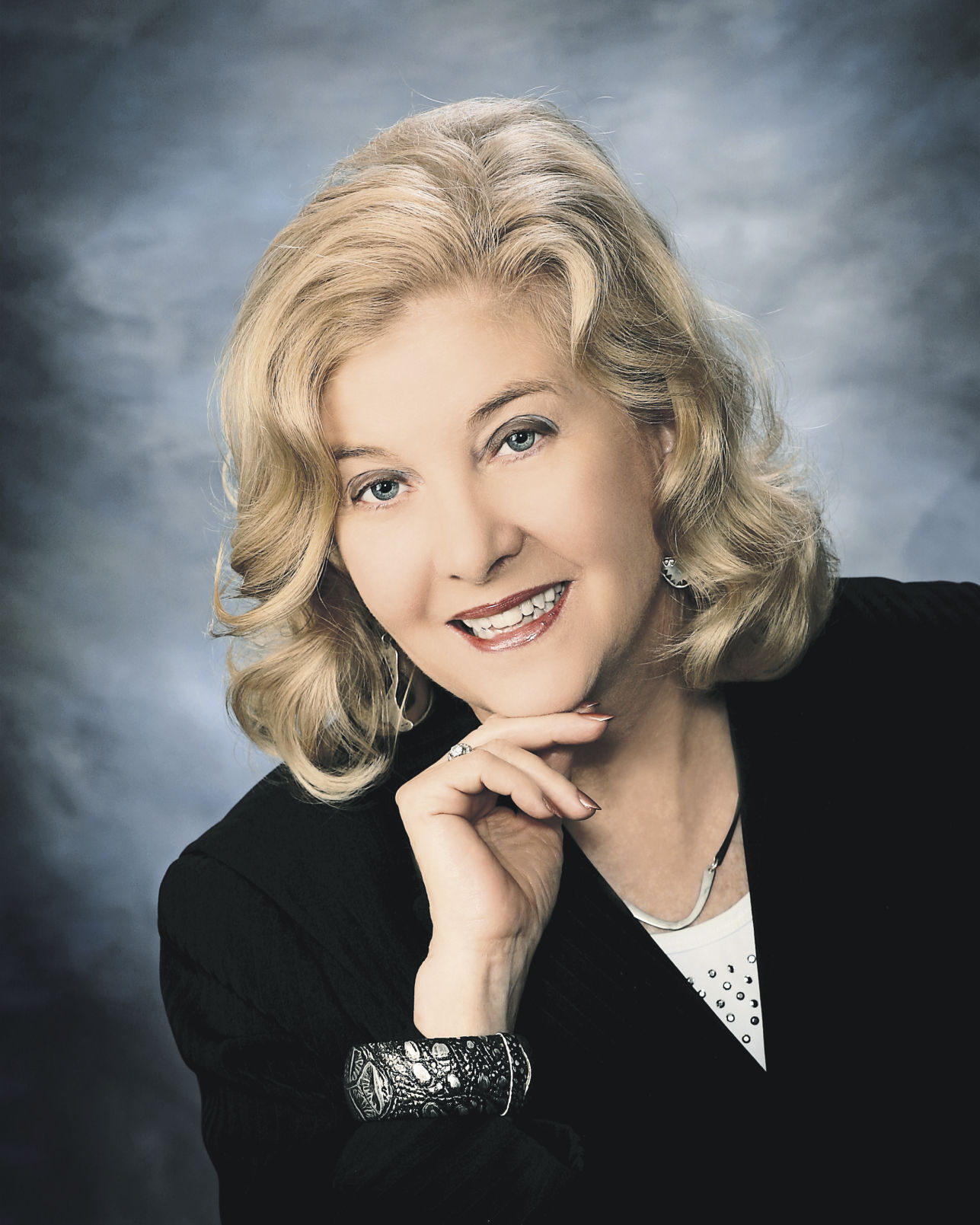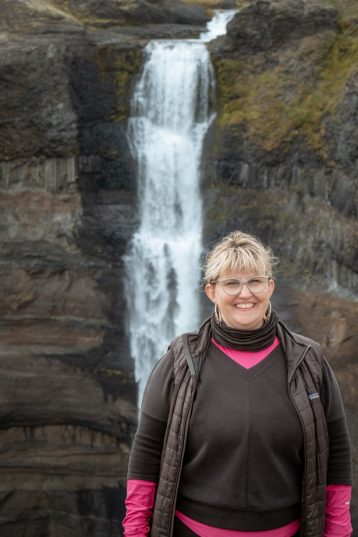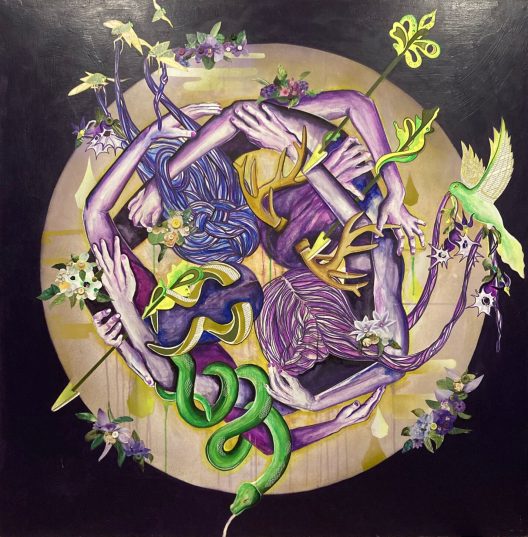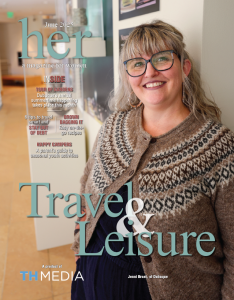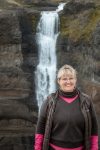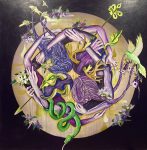When Jeanne Stevenson-Moessner was living in Atlanta, she took her infant daughter with her to the polls on Election Day.
It had been more than 50 years since the passing of the 19th amendment, which gave women the right to vote. The moment wasn’t lost on the young mother.
“I knew how important that was, not just to me but to her as well,” Stevenson-Moessner said.
The former Dubuque resident, who plans to return to the city when she retires, is now a professor of pastoral care and pastoral theology at Southern Methodist University in Dallas. She has a special interest in women’s rights as it applies to Scripture and theology and has written extensively about Elizabeth Cady Stanton, one of the leaders of the woman’s suffrage movement.
“Women with 2020 Vision: American Theologians on the Voice, Vote and Vision of Women,” which Stevenson-Moessner edited and contributed to, brings to light the voices of female theologians from many different ethnic and socioeconomic backgrounds.
“I think we are realizing that in theology, there are multiple voices, some of which haven’t been heard in the histories that we were taught,” she said.
The suffrage movement, which began in the 1830s and gained steam through the mid-19th century, often was rife with divisive factions, something several of the essays in the book address.
“The movement started as interracial,” Stevenson-Moessner said. “But around 1850, when Black males got the vote, the women were divided as to how to proceed. It was then that some real divisions set in. And because of that, I thought, ‘You know, this story cannot be told by just me, a white woman.’”
Among the essayists in the book are Bishop Teresa Jefferson-Snorton, who is Black and the first female bishop in the history of the Christian Methodist Episcopal Church; Insook Lee, a professor of pastoral care and counseling with research interests in Confucian feminist pastoral psychotherapy and Zen meditation; and Carol Anuklik Lakota Eastin and Michelle Overwise Lacock, Native American clergy who write about the matrilineal power in the Iroquois nation.
“Elizabath Cady Stanton actually spent time with the Haudenosaunee, one of the Iroquois tribes,” Stevenson-Moessner said. “They were a matriarchy. Their women were leaders of their tribes. But the Native Americans have been left out of the story. There’s a whole history of how women were leaders there.”
From a theological standpoint, Steveson-Moessner said that the suffrage movement clashed with the chain of command theology of the church.
“There was God, then angels, then man, then women, then children, then animals, then Earth,” she said. “That was the chain of command. So women could not have leadership positions. And the practice of eisegesis was done in many cases.”
Eisegesis, in simple terms, is “cherry-picking” a verse or block of Scripture out of the Bible and using it out of context. It often was done by clergymen and other church authorities to speak out against certain issues, the women’s vote and slavery among them.
Stevenson-Moessner said she hopes the book presents a broader view of women’s rights, the suffrage movement and other feminist issues.
“You could write many books on all of the different factions and issues that are involved,” she said. “But just one person can’t tell the story. That’s why this is not a single-authored book. All of these stories have to be told from the position of someone who’s in the culture of which they’re speaking. It really is a fascinating history.”
“Women with 2020 Vision: American Theologians on the Voice, Vote and Vision of Women,” is available at www.fortresspress.com.

